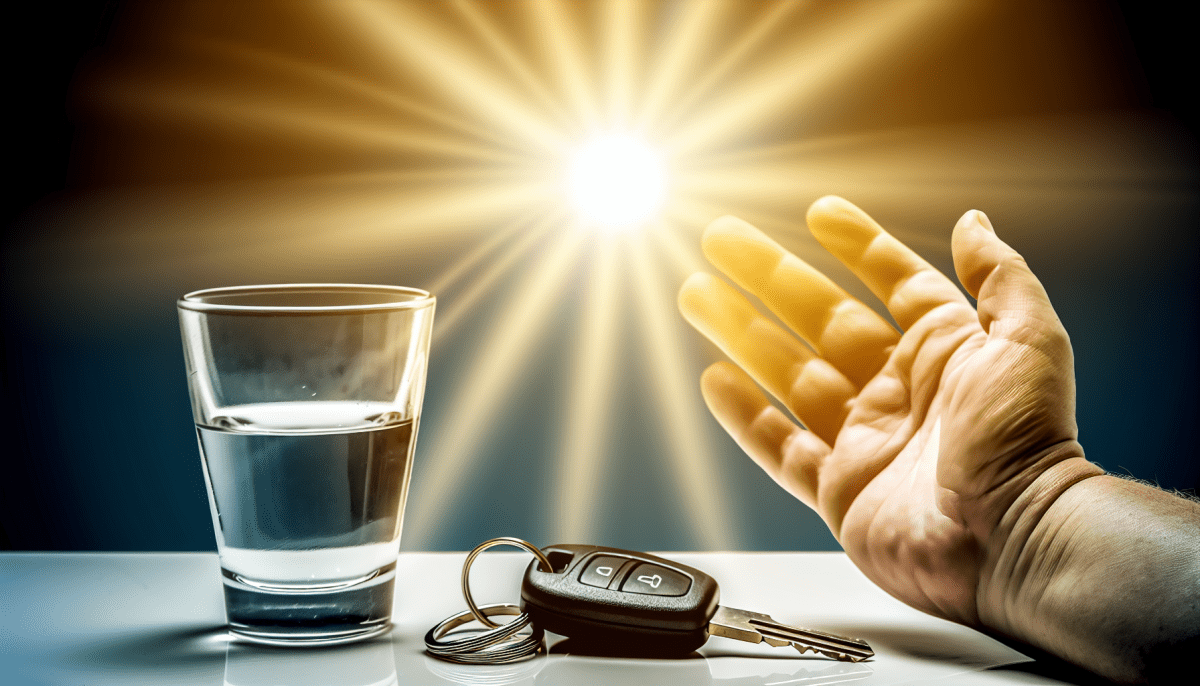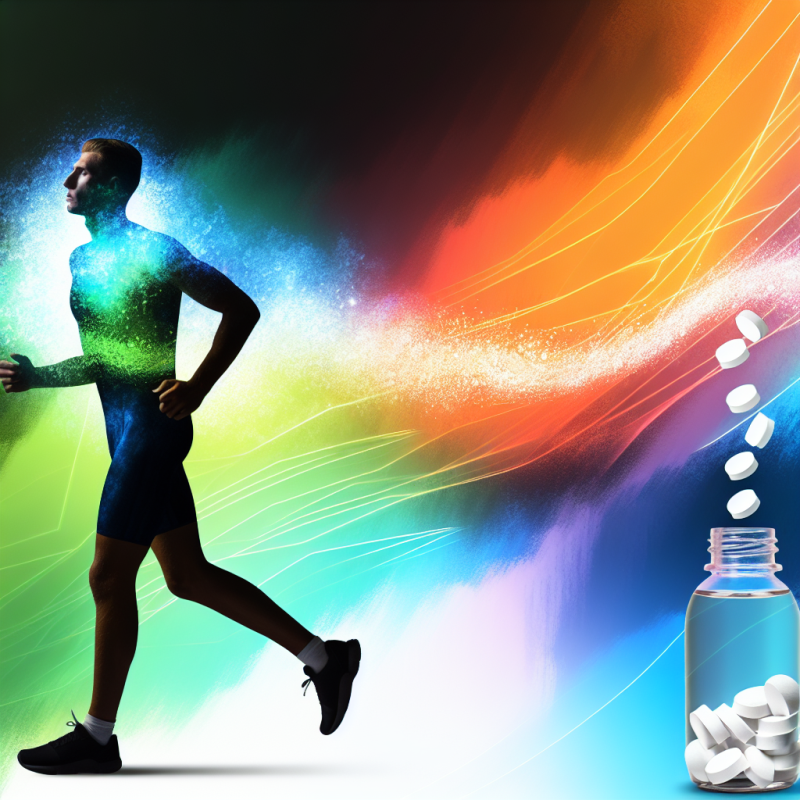Do you ever wonder why you feel like a wreck after a night of drinking? The answer lies in the dreaded hangover. Hangovers are the unpleasant aftermath of consuming too much alcohol, leaving us with fatigue, headaches, nausea, and a general feeling of misery. But what exactly causes these miserable mornings? Let's dive into the science behind hangovers and explore why we suffer from them.
First and foremost, alcohol is a diuretic, meaning it increases urine production and leads to dehydration. This dehydration is a significant contributor to hangovers. As your body tries to process alcohol, it triggers an anti-diuretic hormone to retain water. Consequently, you end up urinating more fluids than you take in. This leads to increased fluid loss and ultimately leaves you feeling parched, dizzy, and fatigued the next day.
Another culprit behind hangovers is the toxic compound called acetaldehyde. When you drink alcohol, your liver metabolizes it into acetaldehyde, a chemical that can cause nausea, vomiting, and an overall feeling of sickness. As your liver continues to process this toxic substance, it can cause inflammation, leading to headaches and general discomfort. Additionally, acetaldehyde can disrupt your sleep patterns, leaving you feeling groggy and sleep-deprived the next day.
The Science Behind Hangovers Explained Simply
Ever wondered why you wake up feeling dreadful after a night of too much drinking? It all comes down to the science behind hangovers. Let's break it down in simple terms.
First and foremost, alcohol is a diuretic, meaning it stimulates increased urine production. This leads to dehydration, one of the primary culprits behind hangovers. When you consume alcohol, your body works overtime to process it, diverting water away from vital organs to do so. This dehydration can leave you feeling lethargic, dizzy, and headachy the morning after a few too many cocktails.
Another factor contributing to hangovers is the impact of alcohol on your immune system. Alcohol suppresses certain functions of your immune system, making you more susceptible to inflammation and general malaise. That's why you often feel groggy and unwell after a night of excessive drinking.
Moreover, alcohol consumption also affects your sleep quality. You may think that downing a few drinks helps you relax and fall asleep faster, but in fact, alcohol disrupts your sleep patterns. It reduces rapid eye movement (REM) sleep, the stage during which you experience deep, restorative slumber. This disruption can leave you feeling fatigued and irritable the next day, adding another layer to your hangover misery.
2.
Hangovers can be a brutal reminder of the not-so-pleasant effects of overindulging in alcoholic beverages. Understanding why we suffer from hangovers involves delving into the physiological mechanisms triggered by alcohol consumption.
Firstly, alcohol is a diuretic, meaning it increases urine production and leads to dehydration. This is one of the main culprits behind the pounding headache and dry mouth commonly associated with hangovers. Dehydration occurs because alcohol inhibits the production of an antidiuretic hormone, causing the body to eliminate more fluids than it takes in.
Furthermore, alcohol is known to cause inflammation of the blood vessels in our brains, resulting in throbbing headaches. Alcohol also affects the gastrointestinal tract, irritating the lining and leading to symptoms such as nausea, vomiting, and stomach cramps.
Lastly, as alcohol is metabolized in our bodies, it produces a toxic compound called acetaldehyde. This substance, which is even more toxic than alcohol itself, contributes to the unpleasant symptoms of a hangover. It can cause low blood sugar levels, fatigue, and a general feeling of malaise.
Understanding the Causes of Hangovers
We've all been there. Waking up after a night of indulging in a few too many drinks, only to be met with the dreaded hangover. The pounding headache, the queasy stomach, the overwhelming fatigue - it's not exactly the best way to start your day. But have you ever wondered why we suffer from hangovers?
Well, it turns out that there are a few key factors at play. First and foremost is dehydration. Alcohol is a diuretic, which means it causes an increase in urine production and leads to excessive fluid loss. This is why you may find yourself making frequent trips to the bathroom when you drink. This fluid loss can leave you feeling dehydrated and contribute to those oh-so-unpleasant hangover symptoms.
Another major factor is the toxic byproduct of alcohol metabolism called acetaldehyde. When you consume alcohol, your body breaks it down into acetaldehyde, which is then further metabolized into a harmless substance. However, during this process, acetaldehyde can build up in your body, leading to nausea, headaches, and even vomiting. The accumulation of this toxic substance is what ultimately contributes to the misery of a hangover.
Lastly, alcohol can also disrupt your sleep patterns. While it may make you drowsy initially, it can actually interfere with the quality of your sleep later in the night. As a result, you may experience fatigue, irritability, and difficulty concentrating the next day. So, not only does alcohol dehydrate you and generate toxic byproducts, but it also messes with your sleep, making you feel even worse the morning after.
3.
While the surefire way to avoid a hangover is to abstain from alcohol altogether, we understand that sometimes that's simply not possible. However, there are a few effective measures you can take to minimize the aftermath of a night of heavy drinking.
First and foremost, staying hydrated is key. Alcohol is a diuretic, meaning it promotes urine production and can lead to dehydration. To combat this, make sure to drink plenty of water before, during, and after consuming alcohol. It's also a good idea to alternate between alcoholic beverages and water throughout the night to keep yourself properly hydrated.
Eating a substantial meal before drinking can also help. Food helps slow down the absorption of alcohol in your bloodstream, preventing it from hitting you all at once. Opt for meals that are high in healthy fats, proteins, and complex carbohydrates, as these can provide a lasting source of energy and improve alcohol metabolism.
If you find yourself waking up with a pounding headache and an upset stomach, there are a few remedies you can try to alleviate the symptoms. Drinking a sports drink or electrolyte-rich beverage can help replenish lost fluids and restore your body's electrolyte balance. Additionally, over-the-counter pain relievers like ibuprofen can temporarily provide relief from headaches and muscle aches, but be cautious not to exceed the recommended dosage.
Tips for Preventing and Alleviating Hangovers
Hangovers can really put a damper on your day after a night of indulgence. The pounding headache, the relentless nausea – we've all been there. While the surefire way to avoid a hangover is to moderate your alcohol consumption or abstain completely, sometimes we slip up and enjoy ourselves a bit too much. Thankfully, there are several tips and tricks you can employ to prevent or alleviate those dreaded hangover symptoms.
1. Stay hydrated:
Drinking water before, during, and after alcohol consumption helps to keep your body hydrated and counteracts the dehydrating effects of booze. Alcohol is a diuretic, meaning it makes you pee more frequently and increases fluid loss. By alternating alcoholic beverages with water, you can prevent dehydration and lessen the intensity of your hangover the next day.
2. Eat a balanced meal:
Having a nourishing meal before hitting the bottle can slow down the absorption of alcohol and reduce the severity of a hangover. Opt for foods rich in healthy fats, proteins, and complex carbohydrates. These nutrients not only help to buffer alcohol's effects but also provide your body with the energy it needs to metabolize alcohol more efficiently.
3. Get enough sleep:
Alcohol can disrupt your sleep patterns and leave you feeling groggy and fatigued the morning after a night out. Prioritize getting a full night's sleep to give your body time to recover and restore itself. If possible, aim for at least seven to eight hours of uninterrupted sleep. This will greatly aid in alleviating the fatigue and mental fog commonly associated with hangovers.
Remember, it's always better to consume alcohol responsibly and in moderation to avoid experiencing hangovers altogether. Nonetheless, if you do find yourself nursing a throbbing head and a queasy stomach, following these tips can help you find some relief and get back on your feet more quickly.
4.
While there is no surefire way to completely avoid a hangover, there are some steps you can take to minimize its effects. First and foremost, drink alcohol in moderation and be sure to stay hydrated by alternating alcoholic beverages with glasses of water throughout the night. One common cause of hangovers is the breakdown of alcohol into a toxic substance called acetaldehyde, so eating a substantial meal before drinking can help slow down this process.
Additionally, certain types of alcohol are more likely to cause severe hangovers than others. Dark liquors like bourbon and red wine are known to contain more impurities, leading to worse hangover symptoms. Consider opting for clearer drinks like vodka or white wine if you're aiming to reduce the likelihood of a rough morning.
After a night out, getting enough sleep is crucial for allowing your body to recover. Alcohol disrupts your sleep patterns and can leave you feeling tired and groggy the next day. Aim for a full 8 hours of restful sleep to help your body repair and regenerate. Drinking plenty of water and replenishing electrolytes, such as through sports drinks or coconut water, can also aid in rehydration, easing the headache and fatigue that often accompany hangovers.
Lastly, beware of home remedies or "miracle cures" for hangovers. While some may provide temporary relief, there is no magical cure-all. Coffee, for example, may help you feel more awake, but it can also further dehydrate your body, worsening hangover symptoms. The best thing you can do for your body is to give it time to heal and avoid excessive alcohol consumption in the first place.
Lifestyle Changes to Minimize Hangover Frequency
Hangovers can leave us feeling miserable, regretful, and sometimes even physically ill. While the best way to avoid a hangover is to drink responsibly or abstain from alcohol altogether, there are a few lifestyle changes you can make that may help minimize the frequency and severity of your hangovers.
First and foremost, staying hydrated is key to mitigating the effects of alcohol on your body. Alcohol has a dehydrating effect, so it's important to drink plenty of water before, during, and after consuming alcoholic beverages. Furthermore, it's advisable to alternate between alcoholic drinks and water to maintain hydration levels.
Eating a substantial meal before drinking alcohol can also make a positive difference. Food acts as a buffer, slowing down the absorption of alcohol into your bloodstream. Opt for a meal rich in healthy fats, complex carbohydrates, and protein to help you feel more satiated and decrease the likelihood of experiencing a severe hangover the next day.
In addition to staying hydrated and eating well, getting enough sleep is crucial for your body to detoxify and recover from alcohol consumption. Alcohol disrupts the normal sleep cycle, leading to lower quality sleep. Aim for a solid 7-9 hours of sleep after a night of drinking to give your body the time it needs to repair and recharge.



